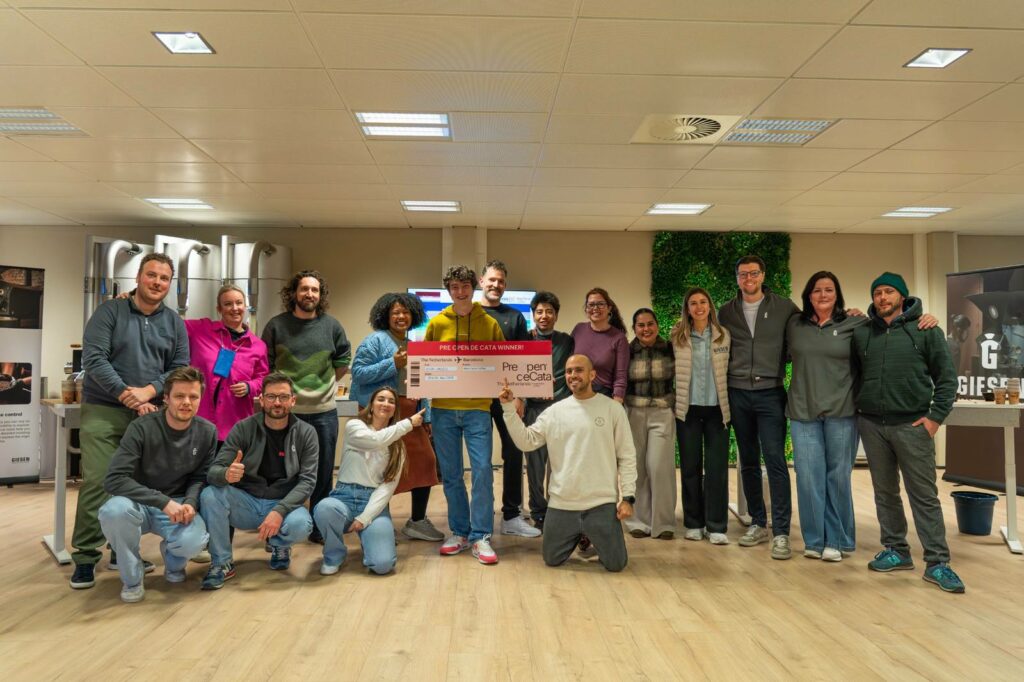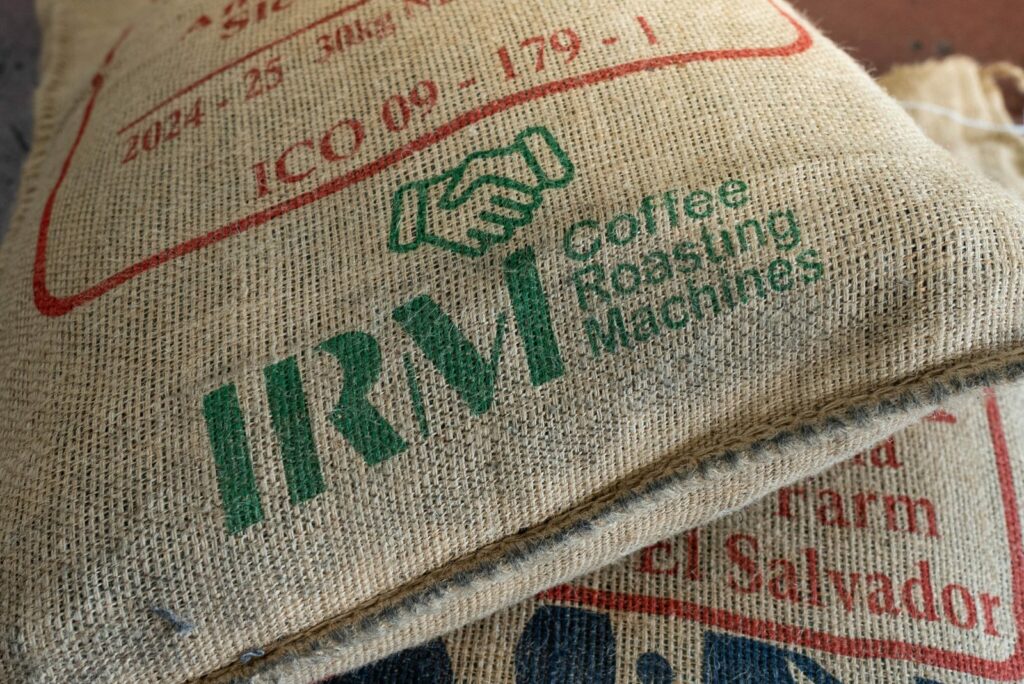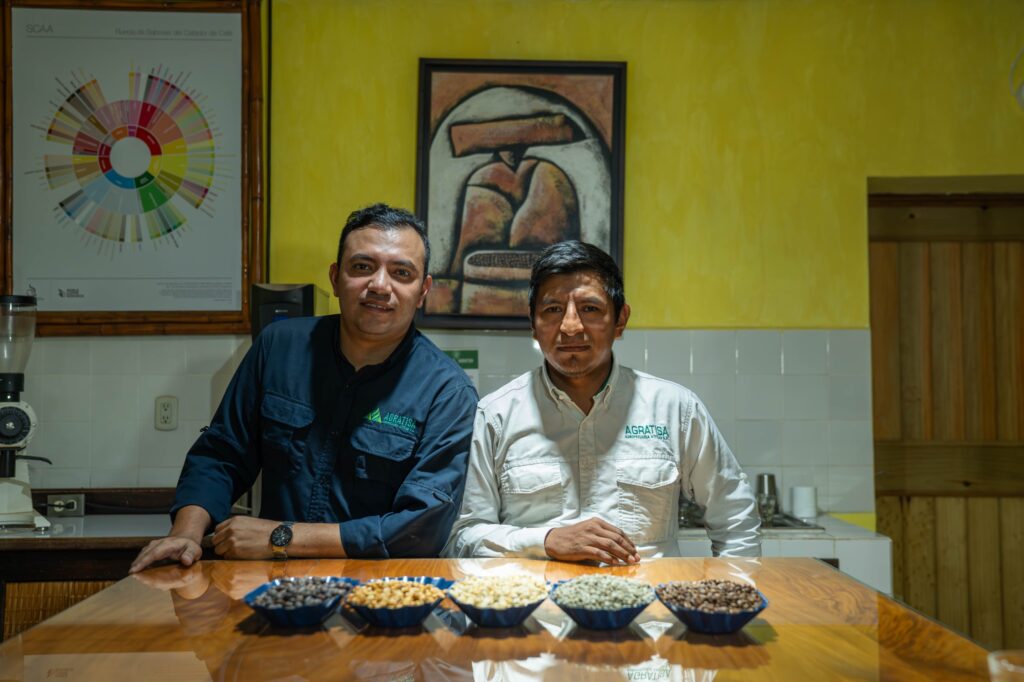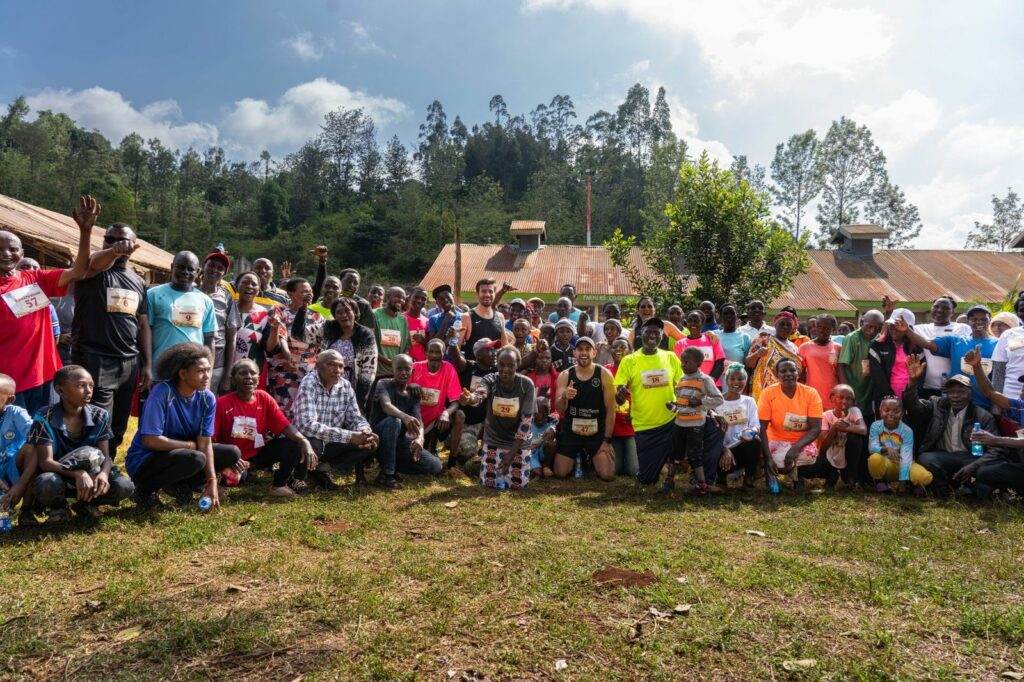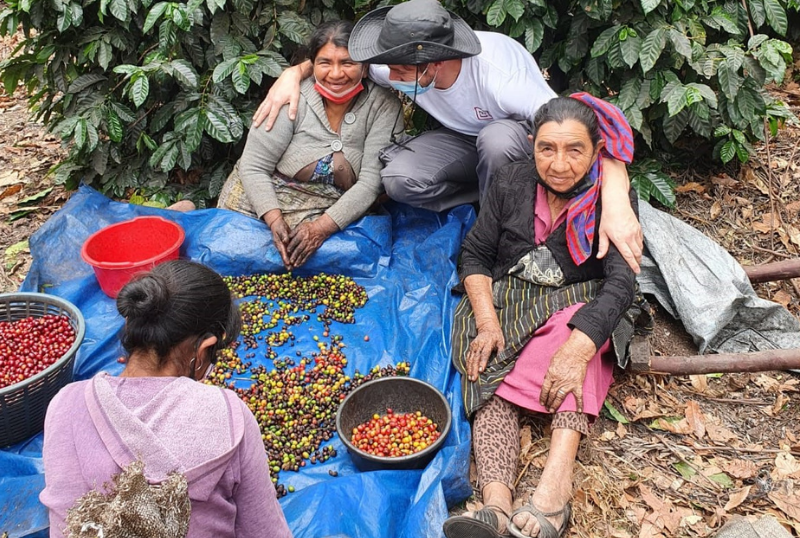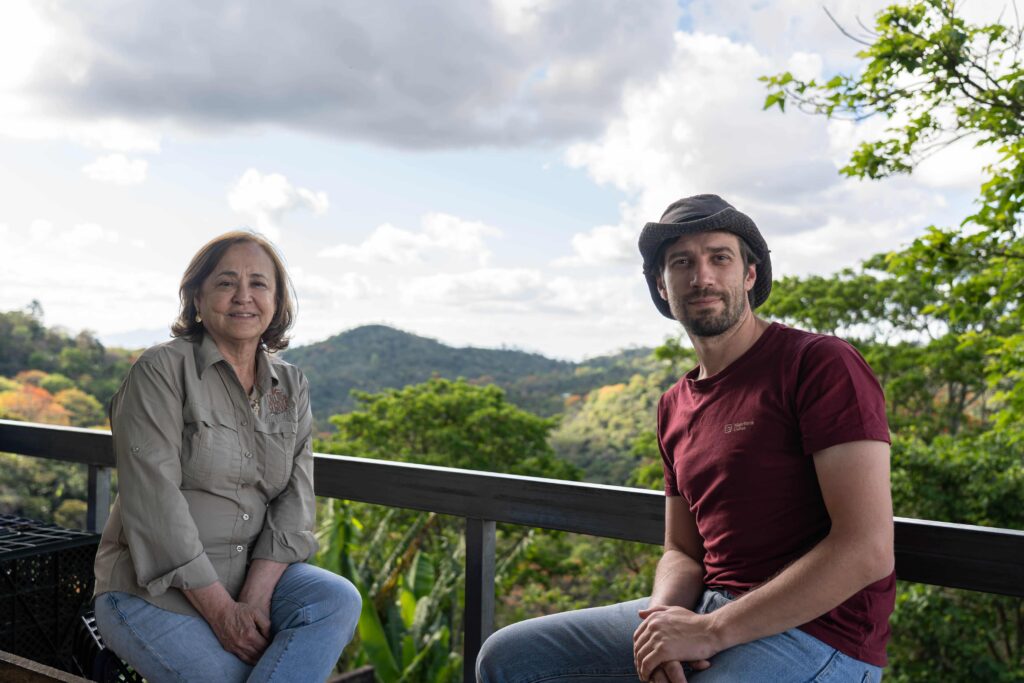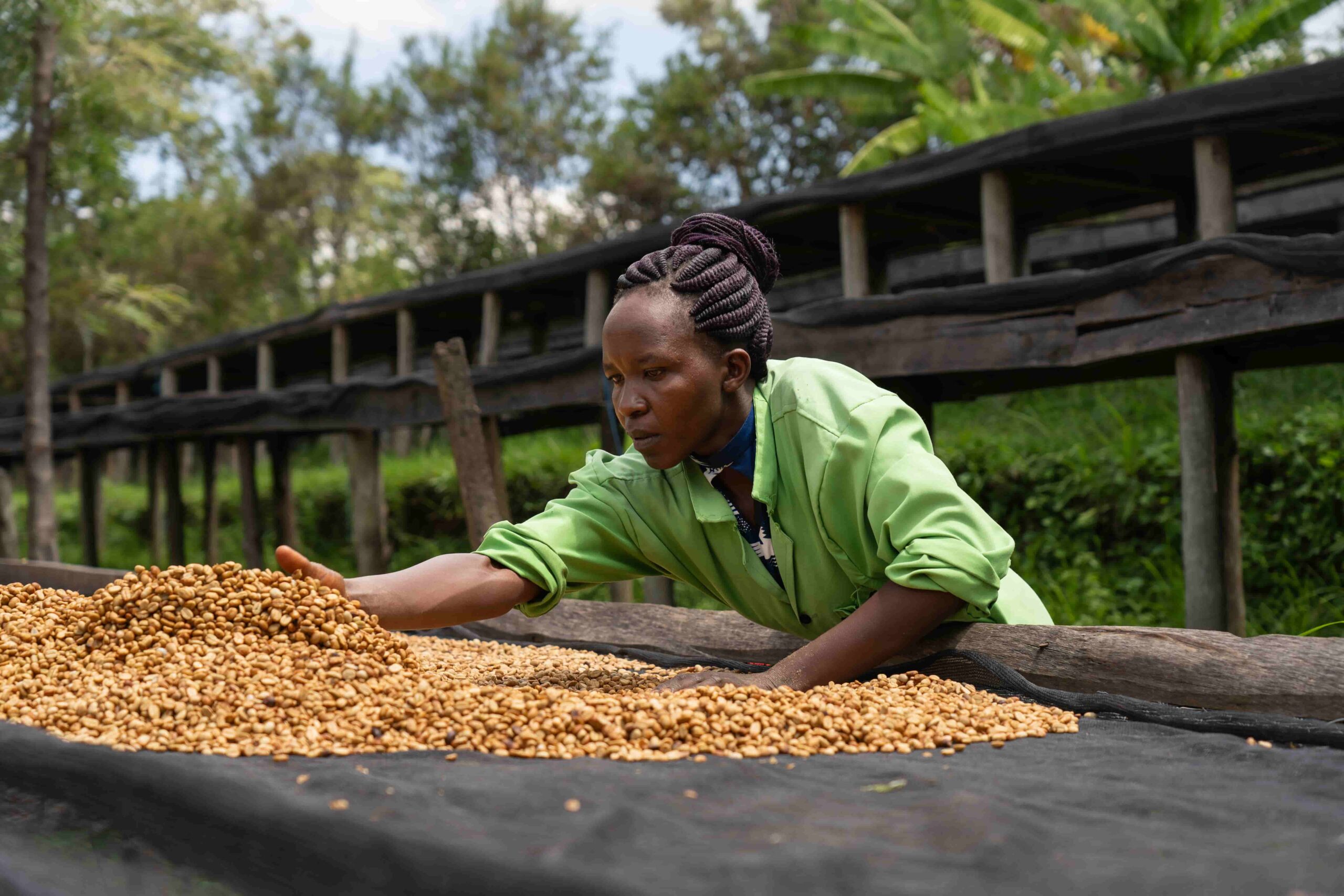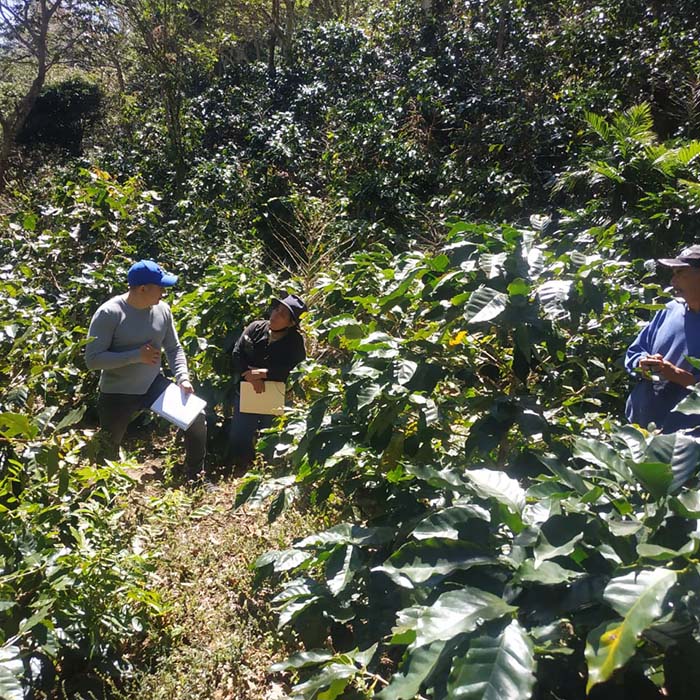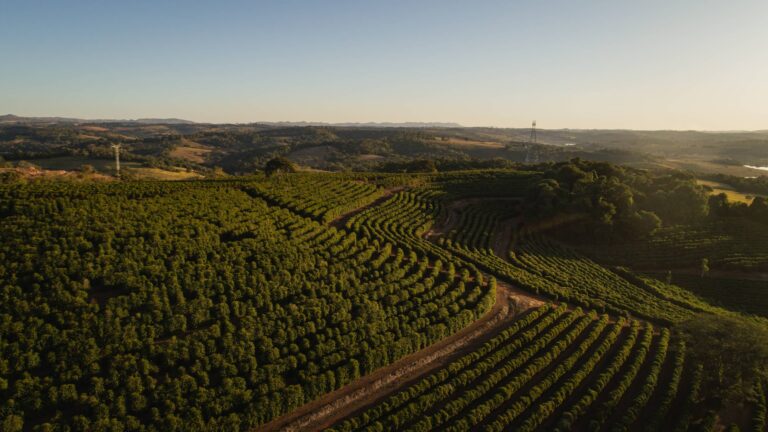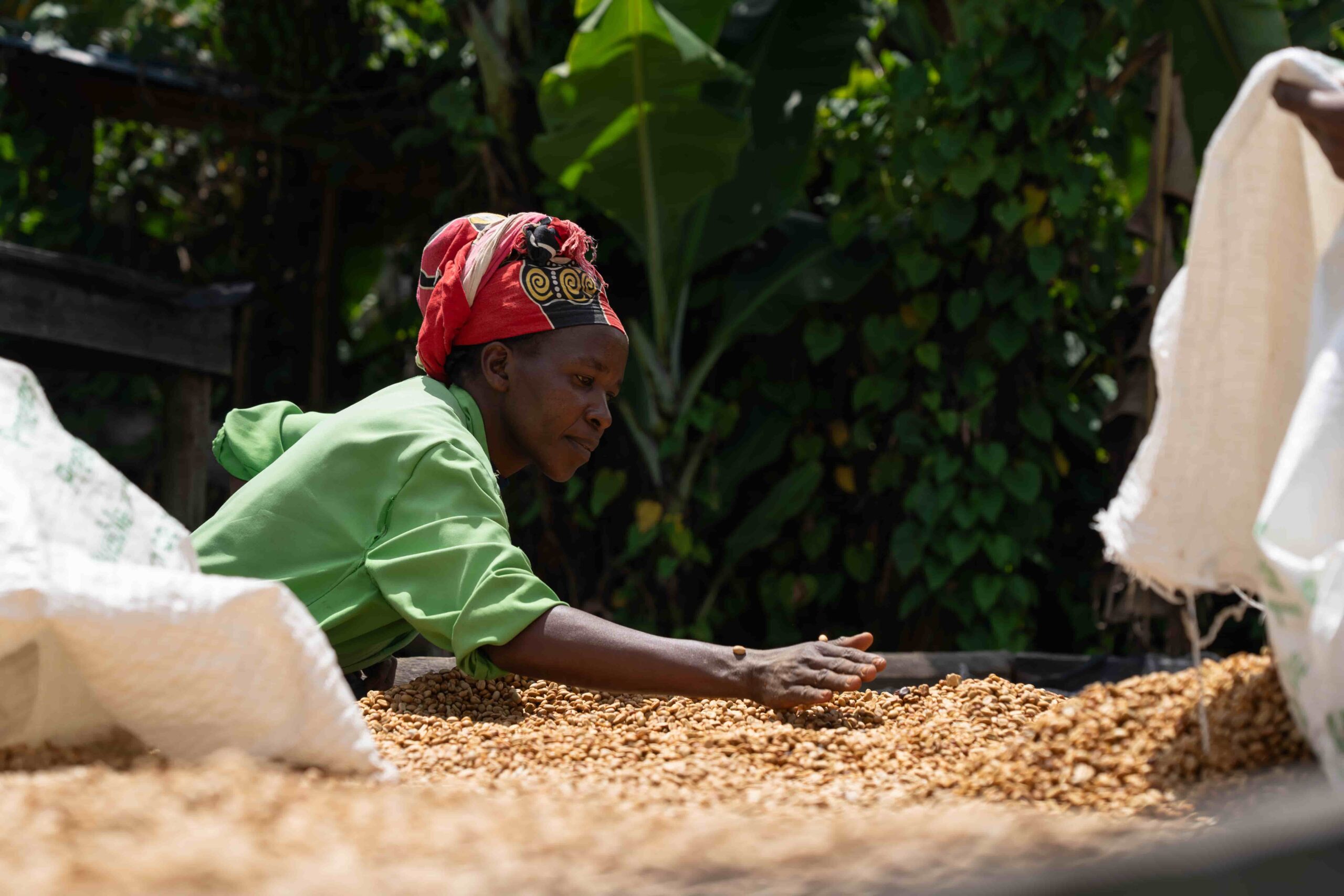Let’s talk about Guatemala
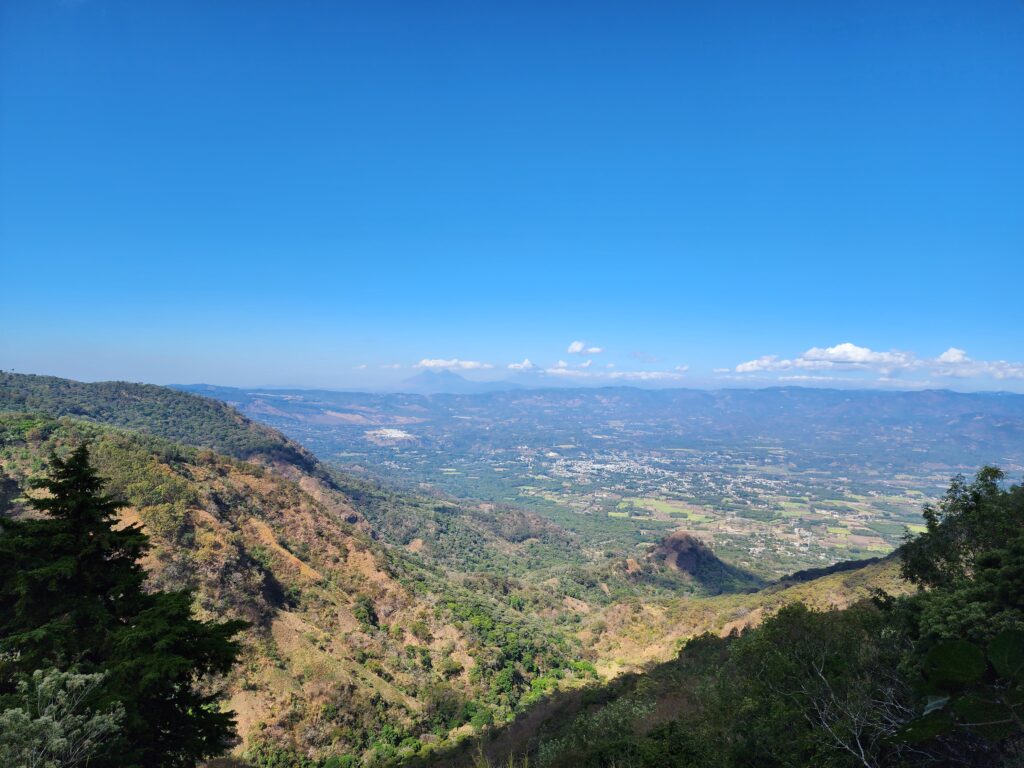
This month we have dedicated our communications to the origin Guatemala, a country where we have been developing our project for the development of green coffee production for some years. In March of this year our R&D team visited our partners to improve the qualitative growth of the different stages of the established Processes, analyzing and collecting data to analyze the results. We work with coffees from the Fraijanes, Antigua and Atitlán regions, offering lots and from the Terras and Constellations ranges.
Guatemala is the tenth largest producer of Green coffee in the world with 8 coffee growing regions, a country with microclimates and soils of great mineral richness that are unique for the production of green coffee Arabica.
So that you can learn a little more about Guatemala we offer you detailed information about the origin and production of green coffee:
-
90% of its production is of the arabica species and 10% of the robustaspecies.
-
2.8% of the cultivated land, 305,000 hectares , is planted with coffee trees
-
Guatemalan coffee has two denominations of origin – PDO: Acatanengo Valley and Antigua Coffee.
-
The traditional and most established method for processing coffee is called Washing.
-
The top five countries that import coffee from Guatemala are: United States, Japan, Canada, Belgium and Italy
-
Coffee represents 7.32% of total Guatemalan exports and contributes 15% to the country’s agricultural GDP.
-
The average farm size per Producer is less than 2 hectares.
Coffee growing in Guatemala
One of the main factors in the optimal Cultivation of Green coffee in Guatemala is the rich soil of volcanic geological substrate high in minerals, also the particular climatic conditions of the country provides a distinctive organoleptic profile in the coffee beans.
Guatemala’s mountainous topography is characterized by a chain of 34 volcanoes along the Pacific Ocean coast, known as the ‘Coffee Belt’. This environment, with its volcanic soil base, creates the ideal environment for the Cultivation of Coffee plants.
The variability of ecosystems in Guatemala, which includes bush and agricultural zones with abundant water supply, contributes to the diversity and richness of the coffees produced in the country. Each ecosystem adds its own value to the organoleptic characteristics of coffee.
Climate also plays a determining role in the production of Guatemalan coffee. Optimal temperatures, ranging from 16 to 32ºC, together with altitudes ranging from 500 to 1,500 meters above sea level, create ideal conditions for the development of coffee plants. At lower altitudes, the young plants find shelter in adequate shade, while at higher altitudes, they are sheltered from the cold winds that prevail in the north.
In summary, Guatemalan Coffee is an example of how geology, topography, biodiversity and climatic conditions come together to produce coffee beans of exceptional quality, characterized by a unique Flavour Profile.
Guatemalan society and Coffee
Since the 1850s, Coffee has played a fundamental role in Guatemala’s economy, consolidating itself as one of its main export products. In the heart of Central America, Guatemala leads coffee production, contributing significantly to the country’s economic growth.
Coffee production in Guatemala is characterized by its equity, with a distribution in which 52% are men and 48% are women. This balance is a testament to the vital role Coffee plays in the lives of diverse communities and gender equality in the industry.
Youth is also present in this field, since the average age of coffee growers is between 25 and 40 years old, which reflects the dynamics and attractiveness that coffee continues to have for the younger generations.
Despite the challenges faced, such as the 2001 crisis, when many Producers sought to diversify their crops, Guatemalan Coffee has demonstrated its resilience and capacity to remain one of the country’s most exported products. Its Flavour and quality continue to conquer palates around the world, consolidating its place as a national treasure of Guatemala.
Do you already know our Guatemalan coffees?
